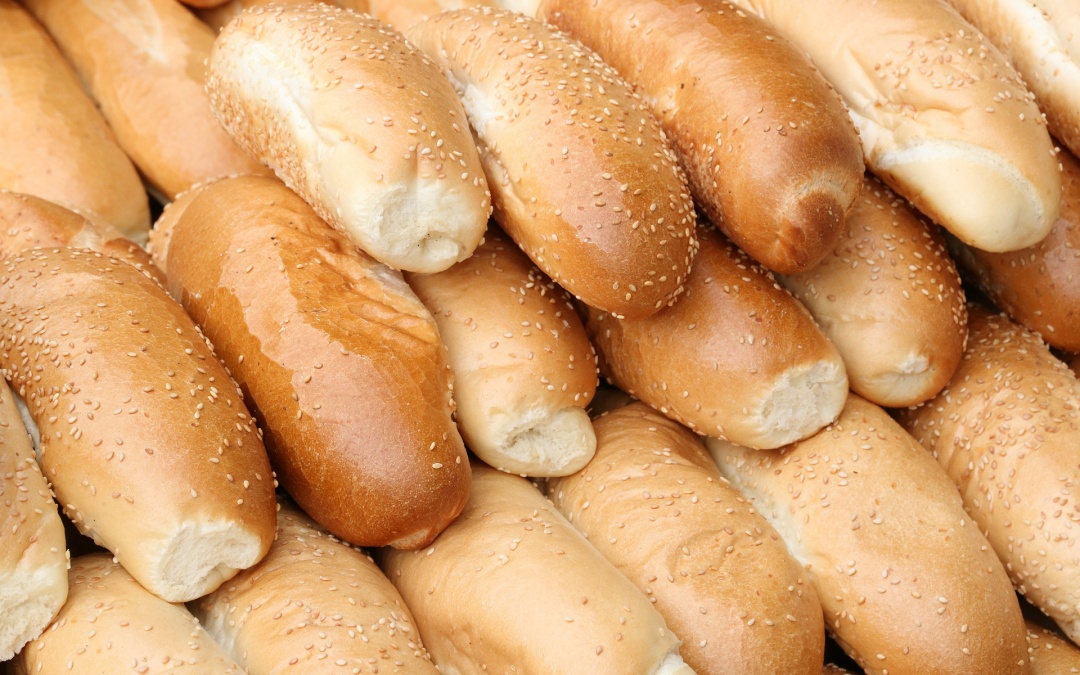Popular in the news this week is the story linking eating ‘ultra-processed’ foods and cancer, as reported by the Independent (‘Processed food, sugary cereals and sliced bread may contribute to cancer risk, study claims‘) the BBC the Daily Mail and The Guardian.
These headlines are based on a study published in the British Medical Journal this month. In the study, foods were classified based on the NOVA system, which relates to the nature, extent and purpose of food processing. Those falling under the category of ‘ultra-processed’ include:
- Mass-produced bread and buns
- Sweet or savoury packaged snacks including crisps, chocolate bars and sweets
- Sodas and sweetened drinks
- Meatballs, poultry and fish nuggets
- Instant noodles and soups
- Frozen or shelf-life ready meals
- Foods made mostly or entirely from sugar, oils and fats
Study details and findings
A cohort of 105,000 people were followed for an average of five years. A 10% increase in the proportion of ultra-processed foods in the diet was associated with a significant 12% increase in the risk of overall cancer and 11% in the risk of breast cancer.
Alongside the original study, the British Medical Journal have also published an editorial further explaining the findings.
Behind the headlines: the Nutrilicious dietetic view
Limitations of the study
While this story has been heavily publicised, there are several limitations of the study which mean we cannot draw firm conclusions:
- Those who ate a lot of ultra-processed foods had other behaviours that have been linked to cancer which could skew the results. They include being more likely to smoke, being less active, consuming more calories overall and more likely to be taking the oral contraceptive. The researchers stated that their impact ‘cannot be entirely excluded’.
- Cause and effect cannot be established for an observational study: we cannot say that ‘ultra-processed foods have caused the increase in cancer’. It is an association found.
- The term ‘ultra-processed’ is still somewhat vague, so it’s difficult to establish which specific foods might be responsible for the increased cancer risk, and why.
- The participants were mainly women who had decided to take part in a health and diet study themselves, so were likely to be interested in their health. This means the sample may not be highly representative of the general public.
That said, we can give credit to the large sample size used in the study giving more reliability to the findings.
Response from Cancer UK
Helping to put this study into context, Professor Linda Bauld from Cancer Research UK responded: “It’s already known that eating a lot of these foods can lead to weight gain, and being overweight or obese can also increase your risk of cancer, so it’s hard to disentangle the effects of diet and weight.”
She also said the study was a ‘warning signal to us to have a healthy diet’ but individuals should not worry about eating a bit of processed food ‘here and there’ as long as they were getting plenty of fruit, vegetables and fibre.
So, can we reduce the risk of cancer?
It’s estimated that one in two people will develop cancer at some point in their lives. Whilst some risk factors for cancer are non-preventable (such as genetics), there are still lots of things we can do to help reduce our risk:
- Eating a healthy, balanced diet
- Limiting red meat and avoiding processed meats
- Maintaining a healthy weight
- Abstaining from smoking
- Keeping alcohol intakes below government guidelines
- Protecting your skin from sun damage
- Knowing your body (e.g. checking for lumps)
For more details on all of the above, go to the National Health Service. The World Cancer Research Fund also carry out a continuous review of the scientific evidence into the subject of diet, lifestyle and cancer risk. Read their cancer prevention recommendations.
Takeaway message
This study does not allow us to draw firm conclusions about ultra-processed foods and cancer. However, we should certainly be reminded of the importance of diet and lifestyle in cancer prevention.
After smoking, excess weight is one of the biggest causes of cancer and it has also been estimated that about one third of cancers could be prevented by changing our diet and lifestyle. This includes being a healthy weight, following a healthy diet and engaging in physical activity.
What changes could you make to help reduce your risk?
Reference: Macmillan Cancer and Cancer Research UK

